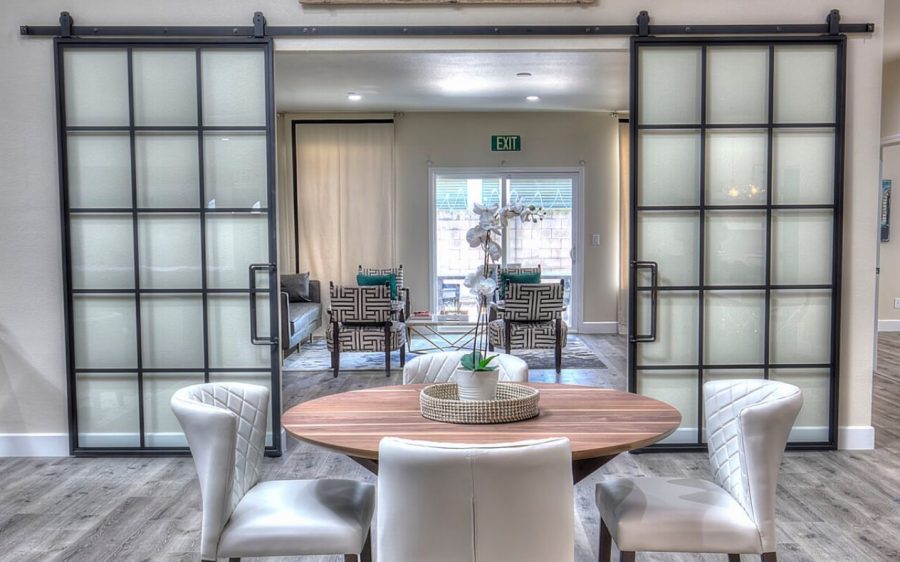
Content medically reviewed by Vicky Magobet, PMHNP-BC, on March 15, 2021.
Completing rehab is the first step towards sober living. Now that you're done, where should you go? Leaving the controlled environment or rehab to take on the outside world with newfound sobriety can be intimidating, but you have options that can help you maintain your recovery.
Rehabilitation homes are the perfect place to detoxify and get sober. They provide structure, supervision and treatment to help guide you toward a life free from addiction. They remove you from the patterns of your life as an addict and help you create new habits.
Once you complete your rehabilitation program, though, returning to everyday life can be jarring. You may not be sure how to maintain your sobriety-supporting habits in this new context.
Many patients leaving rehab face the choice to either return home or move into a sober living home. There's no universal "right answer" because every person faces their own set of circumstances and challenges as they prepare to take on the world outside of rehab.
There are a lot of positive reasons to return home after completing your rehab program. Many people have a support system of family, friends, spouses and pets waiting to help them transition into their new sober life. Being reunited with loved ones is an added reward for their success.
Living at home can give you a comfortable, familiar place to continue working on your sobriety in an independent setting.
Unfortunately, some individuals struggle to maintain their recovery after returning home. Stressful living situations, unsupportive family members and readily available substances could jeopardize your sobriety. If you're returning to the same home you lived in before rehab, you may fall back into old patterns and habits that lead to substance abuse.
Sober living environments like halfway houses, transitional homes and recovery homes are substance-free living arrangements for people recovering from addiction. These homes serve as a transition between the rigorous treatment of rehab and the full freedom of regular life.
Sober living programs employ curfews, house rules and accountability programs to provide structure and routine while allowing for independence and self-reliance. Residents are expected to care for themselves and pay rent, but they have easy access to group meetings, therapy and ongoing support.
These programs can provide a fresh start that allows you to form new habits you can carry with you as you ease into life back home.
The biggest cons to sober living programs are the costs and the group living environment. After rehab, some people wish to return to work and save money by returning home rather than paying for another program. Others may simply prefer the privacy they get at home.
Making the right decision about where to live can mean the difference between relapse and continued recovery. Only you can determine what will be best to help you maintain your sobriety as you transition back into everyday life.
At Diamond House Detox, we know your recovery journey doesn't end when you leave. That's why we provide ongoing support through our alumni programs.
We want to be your support system and provide a friendly face to turn to no matter what. We welcome our alumni to continue attending group meetings at our facilities even after they have transitioned back to everyday life.
To find out more about our ongoing alumni support, contact us today.